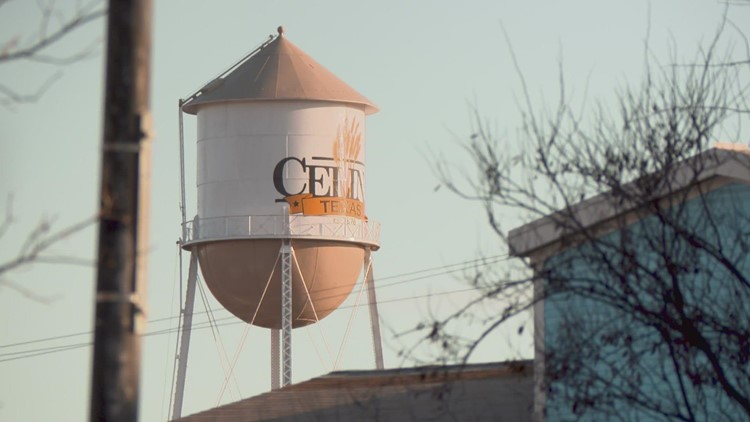COLLIN COUNTY, Texas — When thinking about home price appreciation, much of the conversation has centered around the whirlwind the Dallas-Fort Worth market has experienced since the onset of the pandemic. But what about 20-year appreciation?
Today’s edition of Hottest Neighborhoods explores the ZIP codes with the highest median price appreciation by percentage over the last two decades. While the whole of North Texas has experienced monumental home price growth, particularly in the last few years, some slices of DFW stand out.
The top spot in North Texas for 20-year price appreciation is in Celina, boasting 210% growth. If you purchased a hypothetical house in the 75009 ZIP code for $202,081 in 2002, that same house would weigh in at $626,102 today on average, according to a Zillow analysis by ZIP codes requested by the Business Journal.
It shouldn’t come as a surprise that the top three ZIP codes for 20-year appreciation were all in Collin County. Aside from Celina, ZIP codes in Prosper and Wylie saw 202% and 187% price growth over the last 20 years, respectively.
You can access the top 81 in the gallery at the top of this story. In terms of methodology, the Business Journal ranked and evaluated ZIP codes that had a starting median home value of $150,000 or higher in 2002 in this 20-year exercise.
Over the last two decades, the median home value in Prosper has risen from $272,168 to $821,371. In Wylie, the median home value rose from $160,579 to $460,430.
Of the top 10 ZIP codes with the highest percentage growth in price appreciation over the last 20 years, five were in Collin County. The rest were in Dallas and Denton counties.
The Business Journal also measured home prices that experienced the greatest numerical shift by dollar as opposed to the greatest percent change. Unsurprisingly, neighborhoods such as University Park and Highland Park experienced the greatest overall shift by dollar amount. You can see those ZIP codes in the gallery below.
Overall, DFW has good fundamentals which should translate into another solid 20 years of home price growth, said Joshua Roberson, lead data analyst for the Texas Real Estate Research Center at Texas A&M University. This is assuming those fundamentals stay in place.
Up until the Great Recession, North Texas was still fairly in-line with the national average as far as home price growth. It wasn’t until a few years after the economic downturn that DFW started to pull ahead.
“During the economic recovery, Texas was a very attractive location for job opportunities,” he said. “That shows in the demographic data.”
As a consequence of a financial crisis spurred by real estate, there was a significant shortage of homes. This was particularly felt in the loss of new construction.
Today, the big question is whether North Texas will have additional gains over the coming decades. With heightened levels of turbulence in the broader economy, Texas – and DFW in particular – remain attractive locations.
North Texas continues to possess relatively lower home prices than metros like Chicago or New York. This, in tandem with job opportunities, should keep price appreciation fairly stable moving forward.
Overall, something drastic would have to change to derail the housing market in North Texas over the long haul. This wouldn’t be a shock to the market, Roberson said, but some sort of systematic change which would likely play out over the course of decades.
More Texas headlines:



